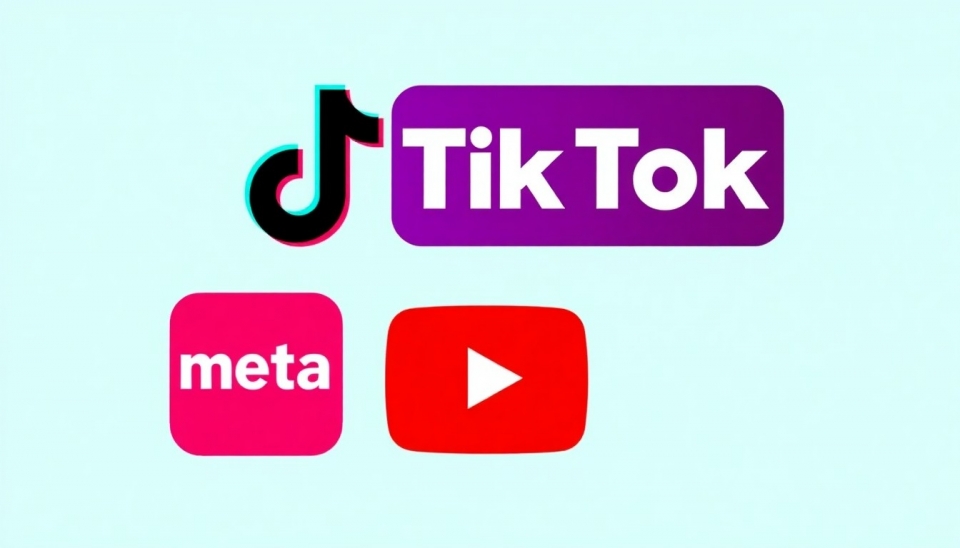
In a groundbreaking decision that has stirred discussions among parents, educators, and social media experts, Australia has enacted legislation to prohibit access to social media platforms for individuals under the age of 16. This decisive measure aims to tackle mounting concerns over the impact of social media on young people’s mental health and well-being.
The new law, implemented as part of a broader initiative to enhance online safety, reflects an urgent response to alarming statistics highlighting the negative effects of social media use among children and teenagers. Research has shown that prolonged exposure to digital platforms can contribute to issues such as anxiety, depression, and social isolation. By establishing this ban, Australian lawmakers are prioritizing the protection of minors and acknowledging the potential dangers associated with unregulated online activity.
While the legislation has garnered support from many parents and child welfare advocates who see it as a necessary step towards safeguarding youth, it has also faced criticism from various stakeholders. Some argue that the ban may infringe on personal freedoms and the ability of young people to communicate and engage in social interactions. Others worry about the feasibility of enforcement, given the challenges that come with monitoring and regulating online behavior among users who may find ways to circumvent age restrictions.
The Australian government is committed to working alongside platform providers to ensure compliance with the new regulations. Social media companies will be required to implement stricter age verification processes to prevent underage users from accessing their services. This could involve technological advancements and increased metadata collection to accurately determine the ages of users who attempt to sign up for accounts.
In addressing the implications of this ban, experts highlight that it signifies a growing trend among governments worldwide to hold tech companies accountable for the safety of younger audiences. Additionally, with the rise of mental health awareness in recent years, this move is seen as a proactive measure in creating a healthier online environment for the youth.
As Australia sets this precedent, it may pave the way for similar regulations in other countries, sparking a global conversation around the responsibilities of social media companies and the rights of young individuals in the ever-evolving digital landscape. Lawmakers will undoubtedly be observing the effects of this legislation closely to assess its impact and effectiveness, potentially informing future policies both nationally and internationally.
The Australian government encourages families to engage in open dialogues about social media use, empowering children and teenagers to cultivate a healthy relationship with technology. This approach aims to foster critical thinking and informed decision-making among youth, equipping them with the tools to navigate the complexities of digital interactions even beyond the confines of this ban.
As the country embarks on this significant journey to prioritize the welfare of its younger generations, all eyes will be on the outcomes of this legislation and its influence on social media practices moving forward.
#Australia #SocialMediaBan #YouthSafety #OnlineRegulation #DigitalWellBeing #MentalHealthAwareness #Legislation #ChildProtection
Author: Liam Carter




